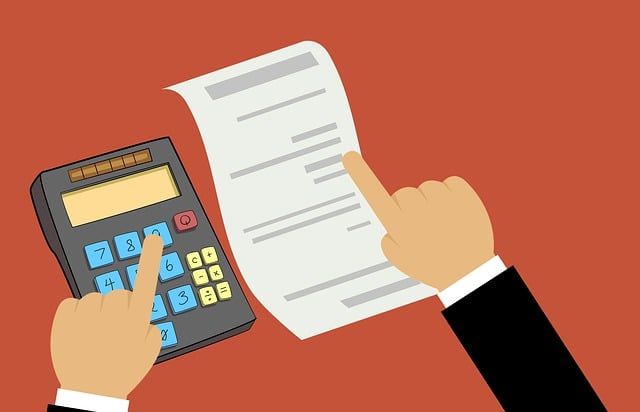Budgeting for Beginners Guide

Budgeting for Beginners: A Guide to Managing Your Finances

Image by Rilson S. Avelar from Pixabay
Managing your finances can be a daunting task, especially if you have never done it before. However, budgeting is a critical tool that can help you take control of your money, live within your means, and achieve your financial goals. Whether you are just starting out or are looking for ways to improve your financial habits, this guide will provide you with the basics of budgeting and help you get started.
What is Budgeting?

Image by Harry Strauss from Pixabay
Budgeting is the process of creating a plan for how you will spend your money. It involves estimating your monthly income, tracking your expenses, and determining how much you can save each month. With a budget, you can see exactly where your money is going and make adjustments as needed to reach your financial goals.
Steps for Creating a Budget
Determine your monthly income
The first step in creating a budget is to determine your monthly income. This includes all sources of money, including your salary, any rental income, or any side hustles. Make sure to include all of your income, even if it is irregular, so you have a realistic estimate of how much money you have to work with each month.
Track your expenses
Once you know your monthly income, the next step is to track your expenses. Make a list of all of your monthly expenses, including rent/mortgage, utilities, transportation, food, entertainment, etc. Be sure to include all of your regular monthly expenses, as well as any irregular or yearly expenses that you can anticipate.

Image by Mohamed Hassan from Pixabay
Categorize your expenses
Organize your expenses into categories such as housing, transportation, food, etc. This will help you see where your money is going and identify areas where you may be able to cut back.
Compare your income and expenses
Compare your monthly income to your expenses to see if you are spending more than you are earning. If you are, look for ways to reduce your expenses or increase your income to balance your budget.
Set your financial goals
Once you have a clear picture of your income and expenses, set your financial goals. This could be saving for a down payment on a house, paying off debt, or building an emergency fund. Make sure your goals are specific, measurable, and achievable.
Allocate your money
Based on your goals and expenses, allocate your money to different categories each month. This will ensure that you have enough money to cover your expenses and save for your goals.
Review and adjust your budget regularly
Finally, review your budget regularly to make sure you are on track. If you find that you are spending more in one category than you planned, adjust your budget accordingly. Remember, your budget is a living document and should be adjusted as your circumstances change.
Benefits of Budgeting
Budgeting has many benefits, including:
Increased control over your finances
By creating a budget, you will have a clear understanding of where your money is going and be able to make informed decisions about how to spend it.
Improved financial stability
A budget can help you live within your means, avoid debt, and build an emergency fund, which can provide financial stability and peace of mind.
Achieving your financial goals
By setting specific financial goals and tracking your progress, you can work towards achieving your financial dreams.
Conclusion
Budgeting is a critical tool for managing your finances and achieving your financial goals. By following the steps outlined in this guide, you can take control of your money and make the most of your income. Remember, budgeting.